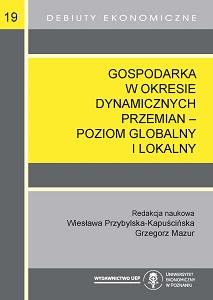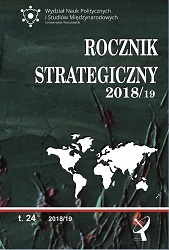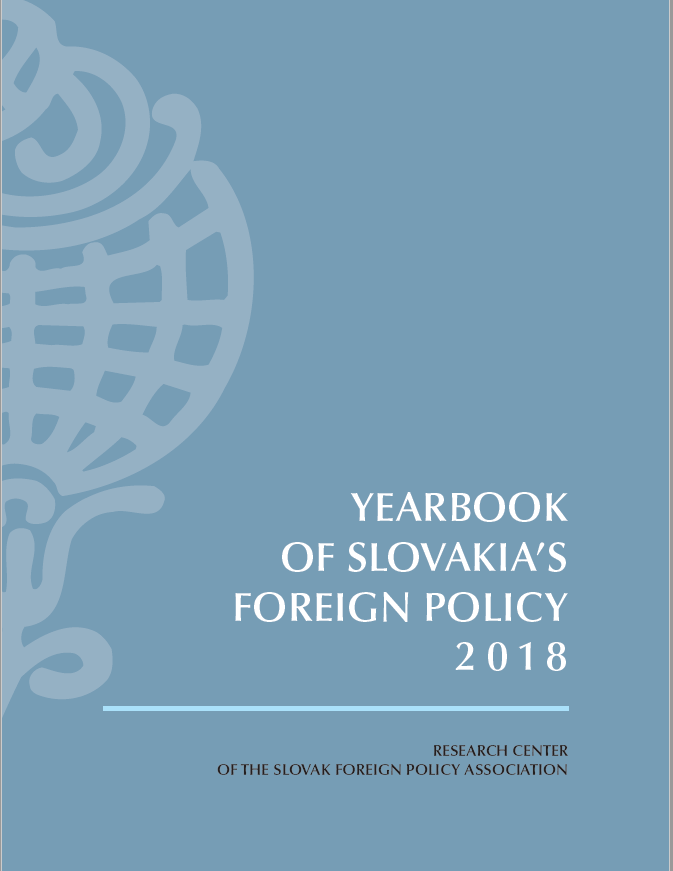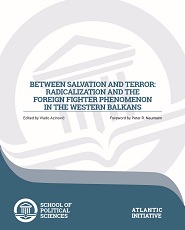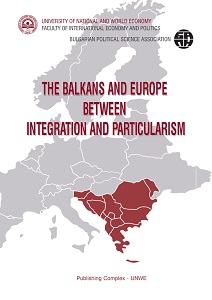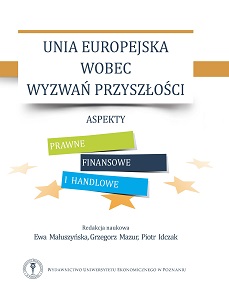
Poziom zadłużenia a wzrost gospodarczy i sytuacja ekonomiczna w nowych krajach członkowskich (UE-10) po akcesji do Unii Europejskiej
Celem niniejszego artykułu jest prezentacja wyników analizy sytuacji gospodarczej w poszczególnych krajach UE-10 i ocena wpływu poziomu ich zadłużenia na wzrost gospodarczy. Analiza ta obejmuje swym zakresem cały okres ich członkostwa w Unii Europejskiej, tj. lata 2004–2013, uwzględniając zarówno lata wysokiego wzrostu sprzed kryzysu (lata 2004–2008), jak i okres zjawisk kryzysowych (lata 2009–2013). Hipotezę badawczą sformułowano następująco: nadmierny poziom zadłużenia w niektórych krajach wpływa negatywnie na osiągane tempo wzrostu produktu krajowego brutto (PKB). Konstrukcja artykułu została podporządkowana weryfikacji przyjętej hipotezy. W jego części pierwszej zaprezentowano krótki przegląd literatury dotyczącej związków między poziomem zadłużenia a wzrostem gospodarczym. W części drugiej przedstawiono sytuację gospodarczą w krajach UE-10 w okresie 2004–2014. Jest to jednocześnie niezbędny opis zmiennych wykorzystanych w badaniach empirycznych części trzeciej, w której z kolei za pomocą analizy korelacji oraz regresji panelowej wykazano zależności między poziomem zadłużenia i innymi podstawowymi wielkościami makroekonomicznymi a wzrostem gospodarczym. Artykuł kończą wnioski.
More...
